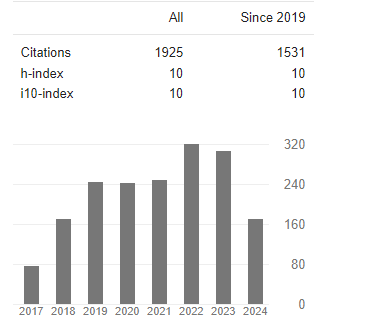Alpha Ketoglutarate Dehydrogenase Deficiency: a Case Series and Literature Review
Abstract
Amal Elleuch, Ben Khaled Hassen, Safi Faiza, Ben Hlima Asma, Gargouri Lamia and Mahfoudh Abdelmajid
Introduction: Alpha-ketoglutarate dehydrogenase (KGD) deficiency is a rare disorder seen in children. This condi- tion is a genetic, inborn error of metabolism disorder characterized by neonatal-onset developmental delay, hypo- tonia, hepatomegaly, lactic academia, increased creatine kinase levels, and elevated alpha-ketoglutaric acid in the urine, and a decreased plasma beta-hydroxybutyrate-to-acetoacetate ratio. A deficiency of pyruvate dehydrogenase is often related to hypoglycemia and neurologic abnormalities, including seizures.
Case presentation: We have identified an inborn error in the tricarboxylic acid system and alpha-ketoglutarate dehydrogenase deficiencies in a newborn diagnosed with West Syndrome. At the beginning of his being born, he developed West Syndrome with epileptic spasms. The patient gradually developed severe encephalopathy, axial hypotonia, numerous seizures as well as hypoglycemia, hepatomegaly, metabolic acidosis, and increased urine ex- cretion rate of 2KGA (KGA) as well as lactic acid. Our study did not require an ethical board approval because this was a retrospective descriptive chart study and did not include clinical trials, informed consent was not required.
Conclusion: This case report highlights the challenges in diagnosing and managing alpha-ketoglutarate dehydro- genase deficiency.




